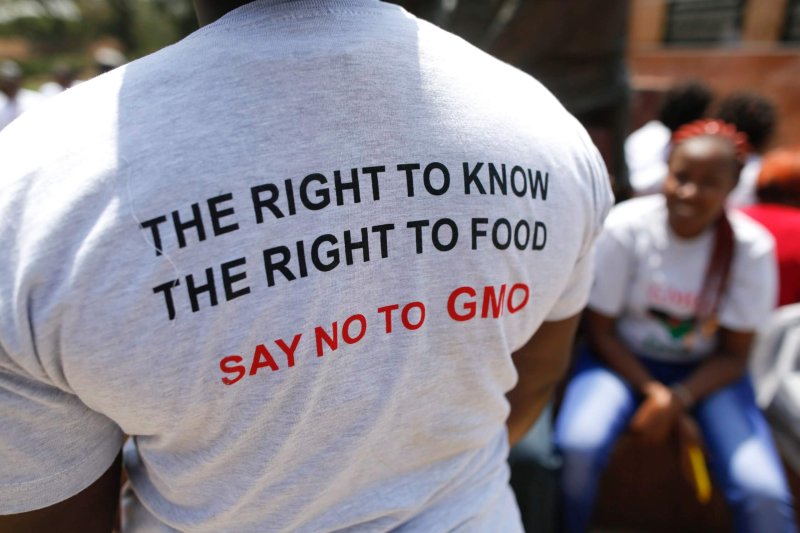On Dec. 31, 2019, the first case of the coronavirus was recorded, a global pandemic was en route and emerging biotechnology would be our salvation—so long as we embraced it.
The following day, anti-biotechnology activists saw their biggest American legislative win go into effect: federal labeling for genetically modified organisms, or GMOs.
Those rules, pushed forward by political progressives, were supposedly the answer to health concerns stoked by a health disinformation campaign, amplified by the media and seized upon by opportunistic lawmakers pandering to populist fears about “frankenfoods” in the name of “freedom of choice.” Sound familiar?
In this pandemic anti-vaxxers didn’t need to discredit 200 years of vaccine efficacy, or explain away scientific consensus. They just needed to sow doubt about emerging biotechnologies, a job that had already been largely done for them by the press and politicians. Biotechnophobia was already endemic.
A 2020 Pew survey showed 48 percent of adults globally, and about the same share of Americans, believed GMOs were unsafe to ingest. Half of the global population had been conditioned to think emerging biotechnology products are a threat to health—with no evidence. It is hard to imagine this popular prejudice has not played a meaningful role in vaccine hesitancy.































